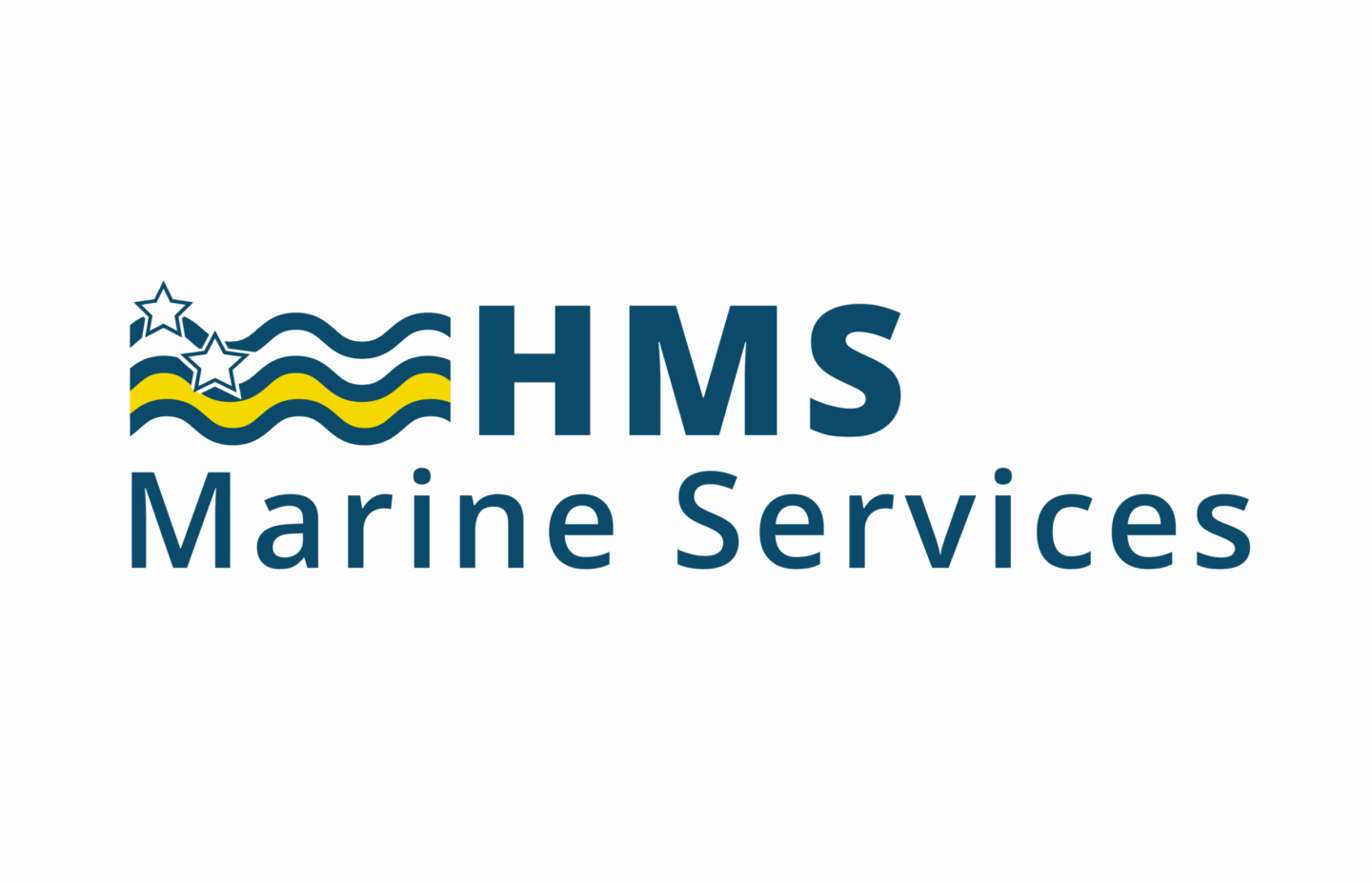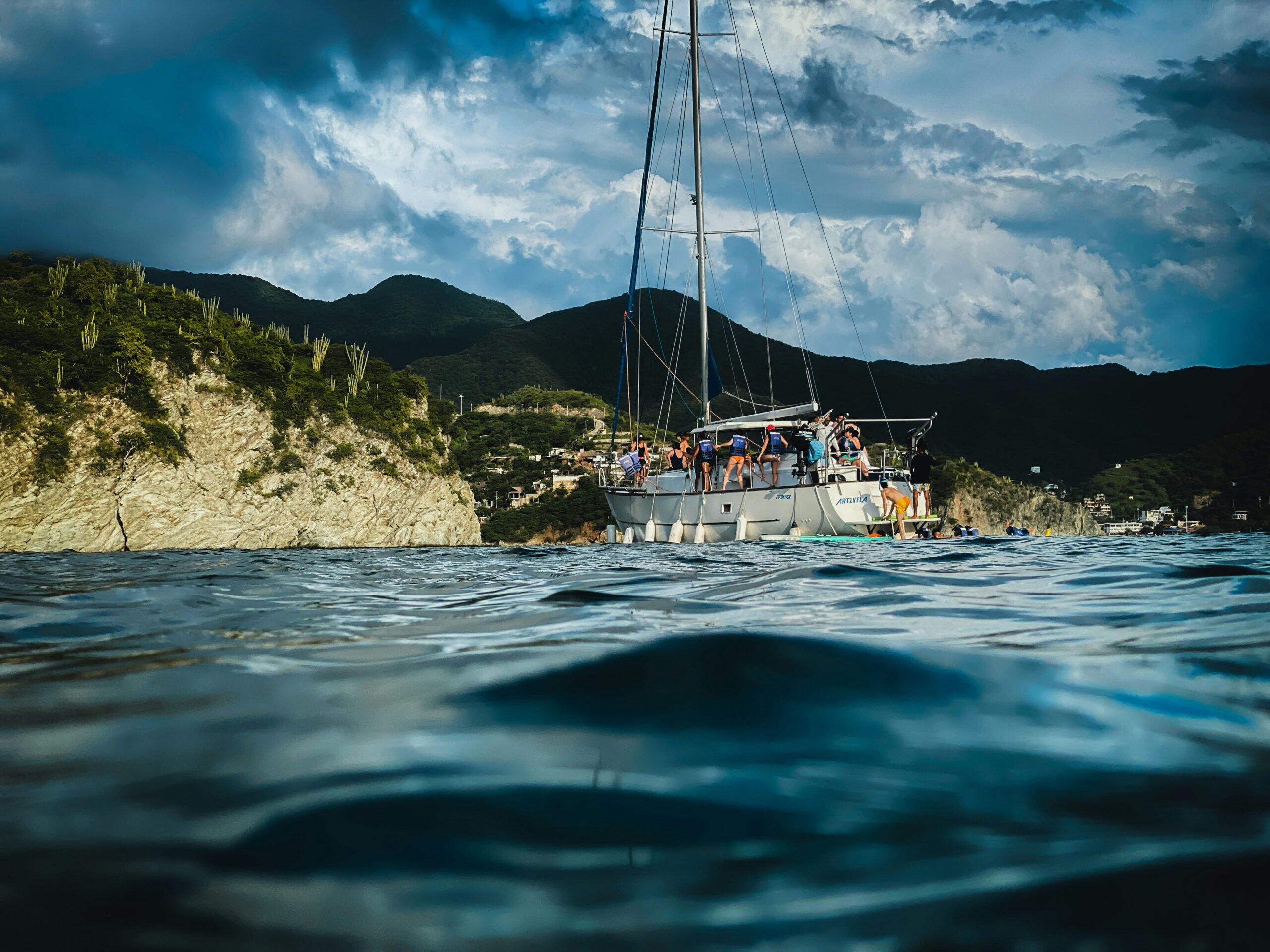When considering boat sales in Curacao compared to the United States, it is important to understand the various laws and regulations regarding boat ownership, operation and safety.
Comparing boating laws between Curaçao and the United States involves looking at various aspects such as vessel registration, safety equipment requirements, operator licensing, and navigational rules.
Here's an overview of some key differences and similarities:
Curaçao Boating Laws
Registration and Documentation
Vessels used in Curaçao's waters typically need to be registered with the Curaçao Shipping Inspectorate.
Foreign yachts may stay in Curaçao waters without import duties for up to six months, after which they may be subject to taxes or need to apply for an extension.
Operator Licensing
A license is generally required for operating a vessel, particularly for commercial operations or larger vessels. For recreational boating, licensing requirements can depend on the size and type of the vessel.
Safety Equipment
Curaçao requires basic safety equipment on board, such as life jackets, fire extinguishers, and navigation lights. The exact requirements can vary depending on the vessel's size and type.
Navigational Rules
Curaçao follows international maritime conventions, such as the International Regulations for Preventing Collisions at Sea (COLREGs). These rules govern right-of-way, speed, and safe navigation practices.
Customs and Immigration
Vessels entering Curaçao must clear customs and immigration. There are specific entry ports where this can be done, and boats must have proper documentation.
United States Boating Laws
Boats are a popular recreational activity in the United States and offer a unique way to explore the country's vast and diverse waterways.
However, with this freedom comes a responsibility to understand and comply with a range of boating laws designed to ensure safety and protect the environment.
Vessel Registration and Documentation
In the United States, the majority of boats must be registered with the state in which they are primarily used.
Exceptions typically include small, non-motorized vessels such as canoes or kayaks, although regulations can vary by state.
Registration serves as a form of legal identification and helps authorities track ownership and ensure compliance with safety standards.
For boats used on navigable waters or those engaged in interstate commerce, federal documentation with the U.S. Coast Guard may be required.
This is particularly common for larger vessels or those with a gross tonnage exceeding five tons. Federally documented vessels are assigned a unique identifier known as an official number, which must be displayed on the vessel's hull.
Safety Equipment Requirements
Veiligheid is een belangrijke zorg op het water, en Amerikaanse wetten schrijven specifieke veiligheidsuitrusting voor alle boten voor.
De vereisten variëren afhankelijk van de grootte en het type van het vaartuig, maar omvatten over het algemeen:
- Personal Flotation Devices (PFDs)
Also known as life jackets, PFDs must be readily accessible for each person on board. Certain states also mandate that children wear PFDs at all times while on a boat. Fire Extinguishers: Boats with enclosed fuel tanks or engine compartments must carry an appropriate fire extinguisher.
- Fire Extinguishers
Boats with enclosed fuel tanks or engine compartments must carry an appropriate fire extinguisher.
- Visual Distress Signals
Vessels operating on coastal waters, the Great Lakes, or high seas must carry approved visual distress signals.
- Sound-Producing Devices
Boats must have a device capable of producing a loud sound, such as a horn or whistle, to signal their presence in poor visibility or congested waters.
- Navigation Lights
Required for all boats operating between sunset and sunrise or in conditions of reduced visibility.
These requirements are enforced by various agencies, including the U.S. Coast Guard, state wildlife agencies, and local law enforcement.
Operator Licensing and Education
Unlike driving a car, the U.S. does not have a national boating license. However, many states require boat operators to complete a boating safety course, particularly for younger operators or those using certain types of vessels.
For example, in states like Florida and New York, individuals born after specific dates must have completed a state-approved boating safety course to operate a vessel.
The U.S. Coast Guard Auxiliary and organizations such as the National Association of State Boating Law Administrators (NASBLA) offer courses that fulfill these requirements.
Navigational Rules
The United States adheres to the International Regulations for Preventing Collisions at Sea (COLREGs), which govern the conduct of vessels to prevent collisions.
These rules cover a range of situations, such as right-of-way, overtaking, and actions to take when approaching other vessels.
For inland waters, the U.S. has additional regulations, often referred to as the Inland Rules, which supplement the COLREGs.
Key navigational rules include:
- Right-of-Way
Generally, powerboats must give way to sailboats and non-motorized vessels. Vessels must also yield to boats that are not under command or restricted in their ability to maneuver.
- Speed Limits
Many areas have specific speed limits, especially near shorelines, docks, and swim zones. Operators must always operate at a safe speed for the conditions.
- Navigation Markers
Boaters must understand and adhere to various markers and buoys that indicate safe passage, restricted areas, and potential hazards.
Environmental Regulations
Environmental protection is a critical aspect of U.S. boating laws. Regulations are in place to prevent water pollution, manage wildlife interactions, and protect sensitive ecosystems. Key regulations include:
- Discharge of Waste
It is illegal to discharge untreated sewage or garbage into U.S. waters. Boats with toilets must have an approved Marine Sanitation Device (MSD) to treat or store waste.
- Aquatic Invasive Species
Boaters must take precautions to prevent the spread of invasive species, such as draining all water from boats and equipment before leaving a waterbody and cleaning all parts that come into contact with water.
Enforcement and Penalties
Boating laws in the U.S. are enforced by multiple agencies, including the U.S. Coast Guard, state law enforcement, and local authorities. Violations of boating laws can result in fines, imprisonment, or the suspension of boating privileges.
For serious offenses, such as operating a vessel under the influence of alcohol or drugs, penalties can be severe, including hefty fines and jail time.
Conclusion
In summary, understanding the differences between boating laws in Curaçao and the United States is crucial for anyone involved in boat sales, ownership, or operation in these regions.
While both jurisdictions prioritize safety and environmental protection, they differ significantly in terms of vessel registration, operator licensing, and safety equipment requirements.
Curaçao's centralized registration system contrasts with the U.S.'s state and federal frameworks, while the approach to licensing and boater education also varies, with the U.S. often placing a greater emphasis on mandatory safety courses.
For potential boat owners, being informed about these regulations not only ensures compliance but also enhances safety and enjoyment on the water.
Of het nu gaat om het navigeren door de tropische wateren van Curaçao of het verkennen van de diverse waterwegen van de Verenigde Staten, het begrijpen en naleven van de lokale bootwetten is essentieel.
Door dit te doen, kunnen watersporters hun investering beschermen, het milieu beschermen en zorgen voor een veilige ervaring voor iedereen.


